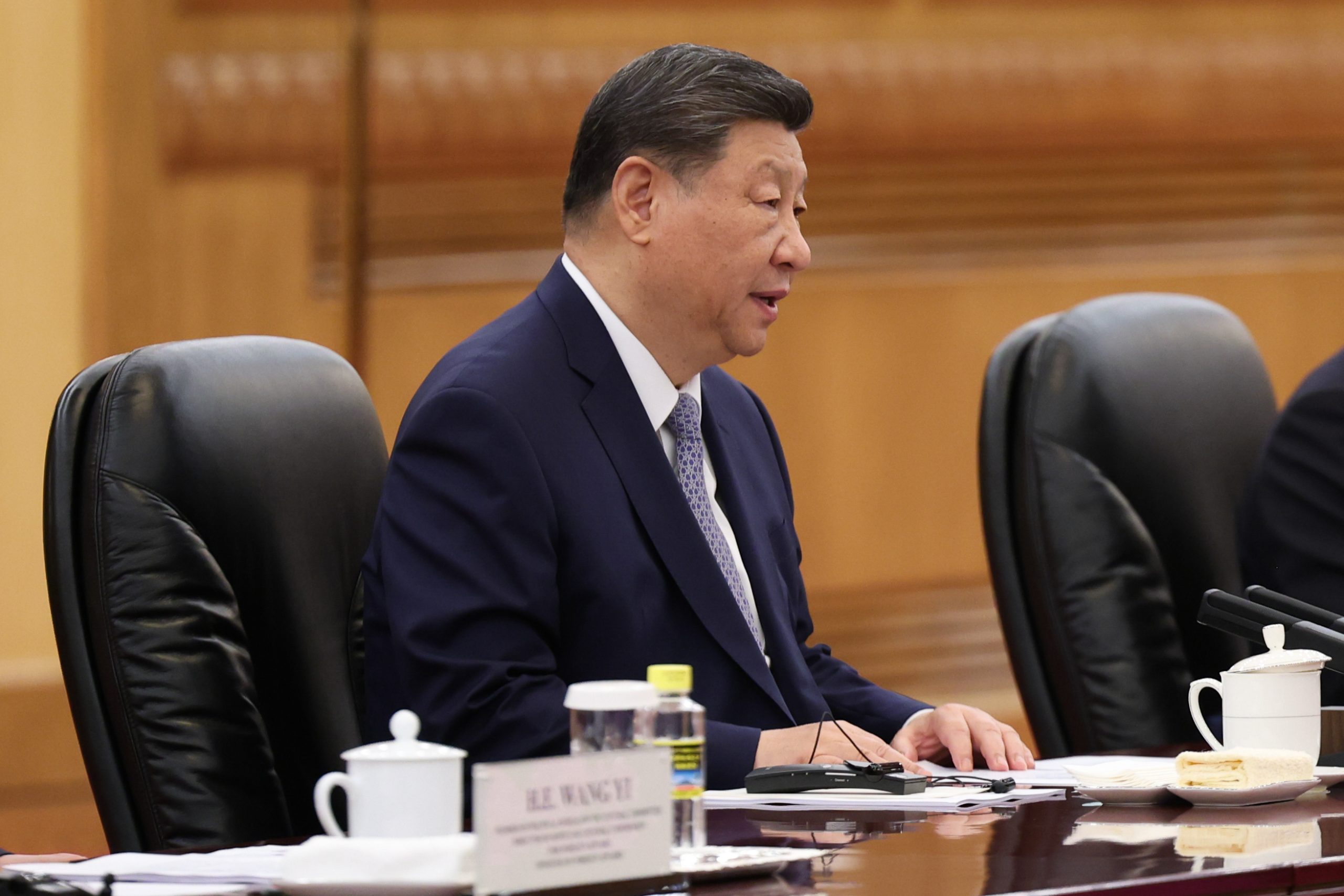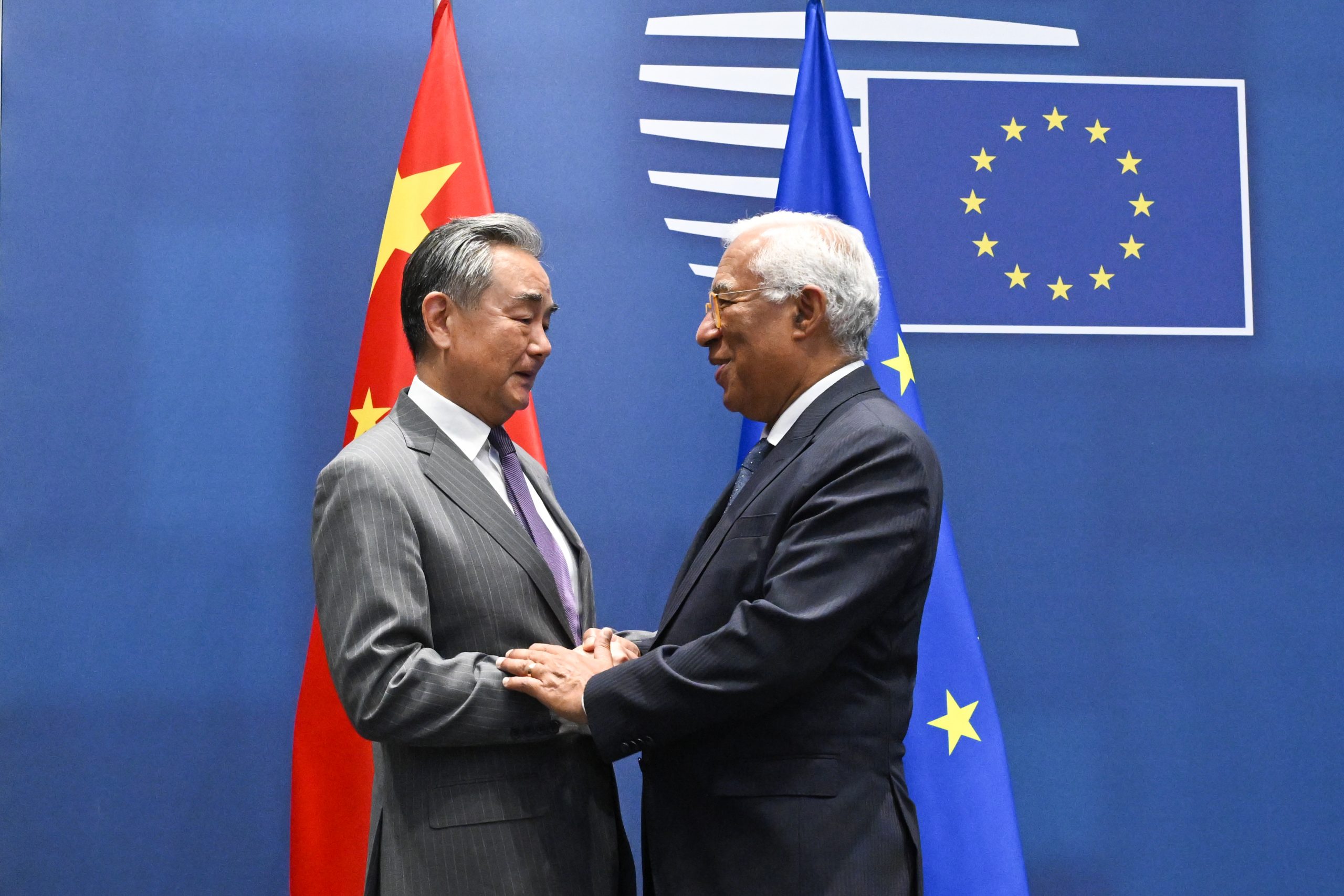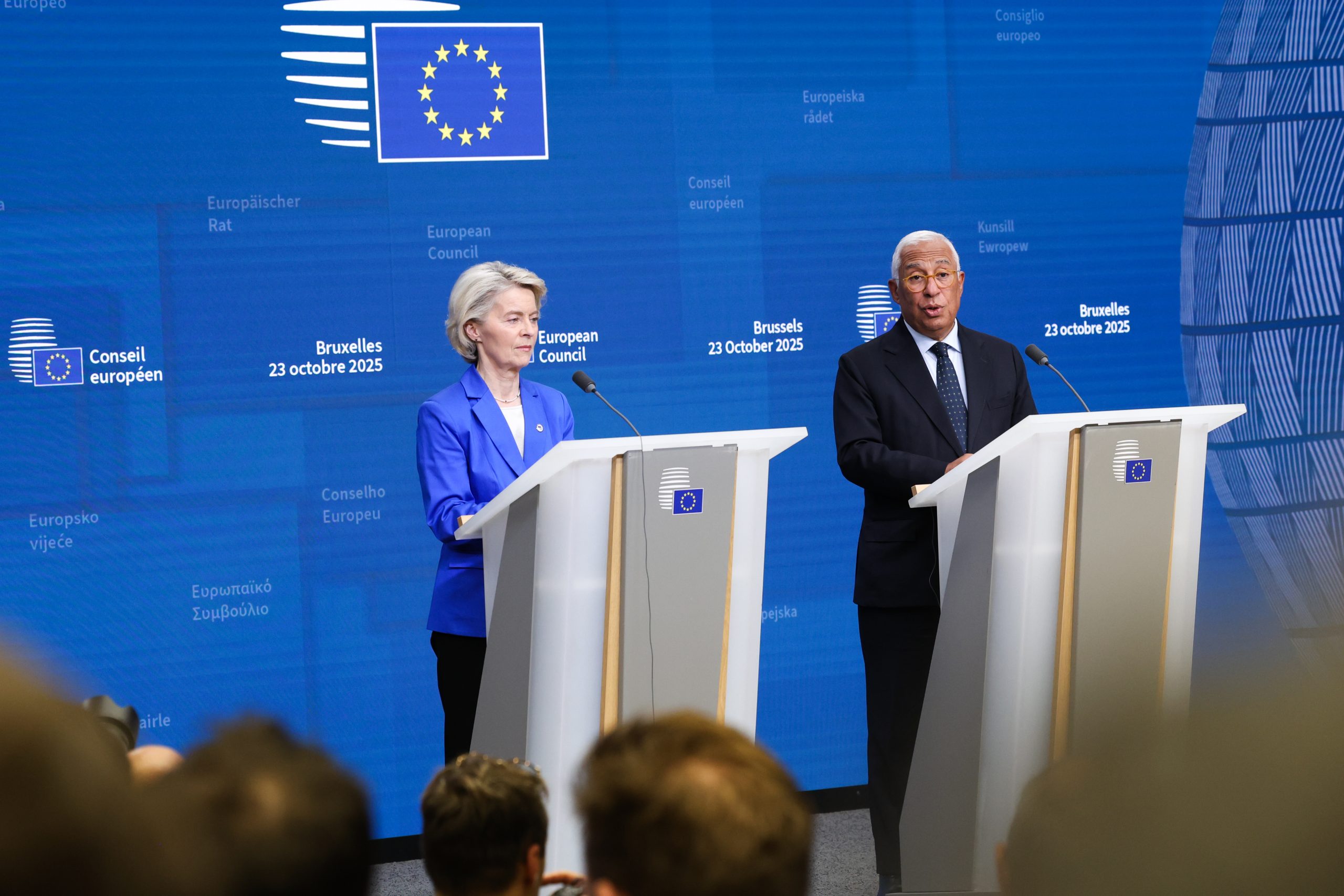A battle for rare Earth metals
Europe has found itself at the new epicenter of the global struggle for raw materials. After months of trade tensions and Beijing’s announcement of drastic export limits on rare earth metals, the European Union is speeding up work on RESourceEU — a strategy designed to ensure joint procurement, storage, and processing of key minerals essential for the energy transition and the defense industry.
“The world is ruthless to those who hesitate. Europe can no longer act as it once did,” said European Commission President Ursula von der Leyen, announcing the plan at the Berlin ‘Global Dialogue 2025’ forum. “We must secure access to raw materials just as we managed to secure energy during the crisis following Russia’s aggression against Ukraine,” she emphasized.
A new weapon in global competition
The announcement comes as Beijing — the dominant producer and processor of rare earth metals — unveiled another wave of export restrictions, covering, among other things, magnets used in electric vehicles, wind turbines, and military equipment. The new rules require any company using even trace amounts of Chinese raw materials to obtain government approval for exports.
According to EU officials, China’s actions amount to “a geopolitical strike at Europe’s weak spot” — its dependence on strategic raw materials. As Trade Commissioner Maroš Šefčovič noted, some European firms have already had to halt production, and thousands more have stockpiles sufficient for only a few weeks.
The EU responded immediately: later that week, a high-level technical delegation from China will arrive in the Union’s capital to discuss export conditions and prevent supply disruptions. However, as a Commission spokesperson admitted, “there is no guarantee the talks will bring a quick solution.”




